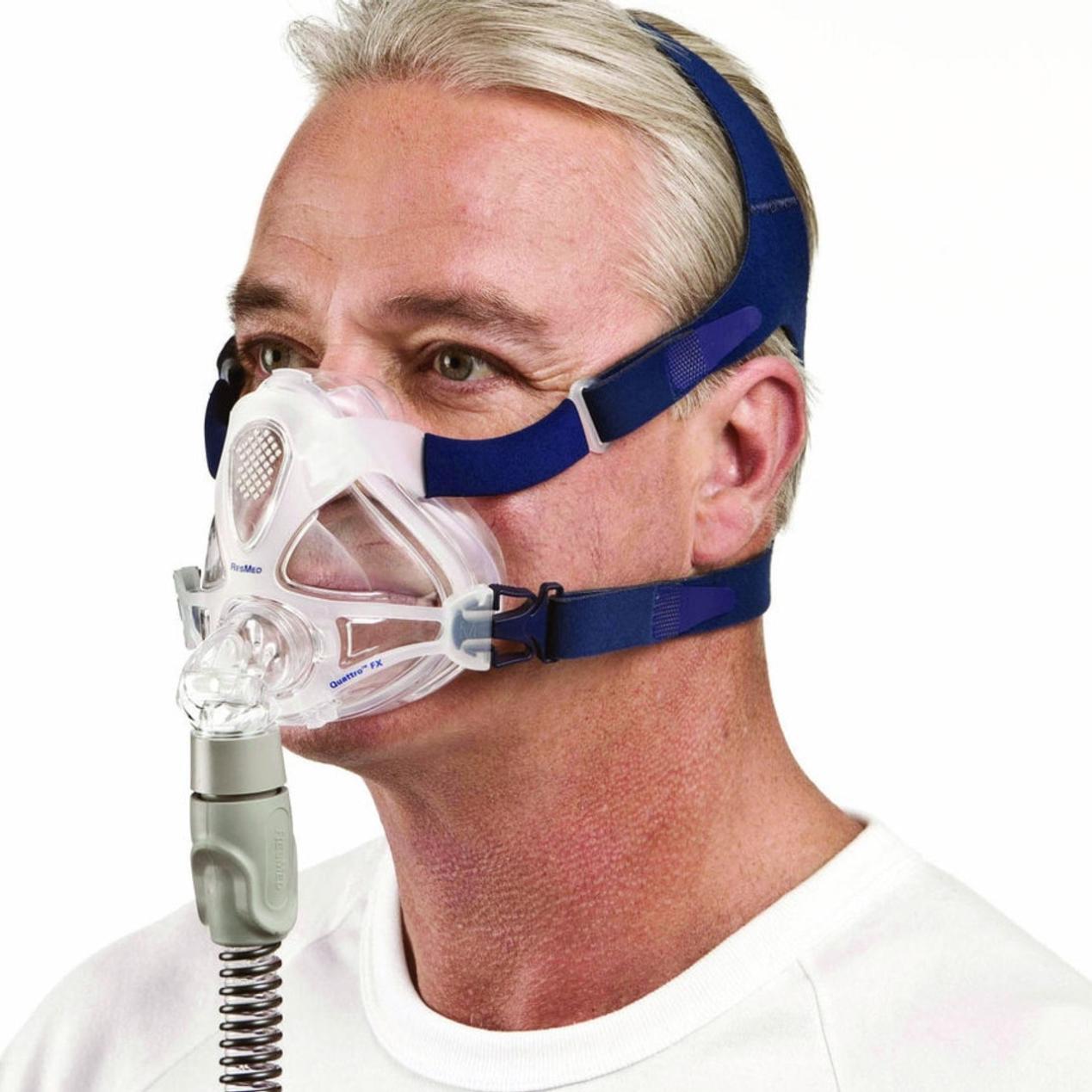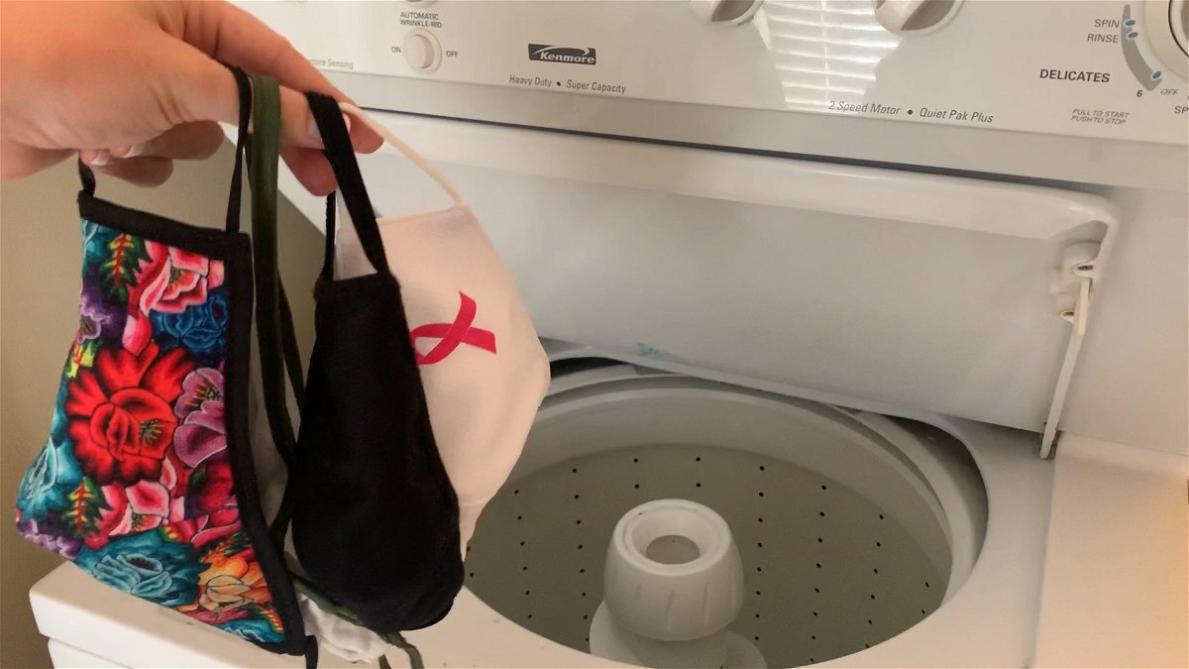Mask Myths Debunked: Separating Fact from Fiction About Face Mask Effectiveness
The ongoing COVID-19 pandemic has brought the importance of face masks to the forefront of public health discussions. While face masks have become a ubiquitous part of our daily lives, there are still many misconceptions and myths surrounding their effectiveness. This article aims to debunk common myths and provide evidence-based information to help individuals make informed decisions about face mask usage.

Myth 1: Face Masks Are Ineffective In Preventing The Spread Of Respiratory Illnesses
Fact: Face masks act as a physical barrier, reducing the transmission of respiratory droplets and aerosols.
- Respiratory illnesses, including COVID-19, are primarily spread through respiratory droplets and aerosols expelled when an infected person coughs, sneezes, talks, or breathes.
- Face masks help to capture these droplets and aerosols, preventing them from being inhaled by others.
- Numerous scientific studies have demonstrated the effectiveness of face masks in reducing the spread of viruses, including COVID-19.
Addressing the Argument: Some argue that face masks are only effective when worn by infected individuals. However, this argument overlooks the importance of universal masking. When everyone wears a face mask, it creates a protective barrier that reduces the risk of transmission for both the wearer and others.
Myth 2: Face Masks Cause Health Problems

Fact: Face masks do not cause oxygen deprivation or carbon dioxide buildup.
- Claims that face masks cause oxygen deprivation or carbon dioxide buildup are unfounded.
- Studies have shown that face masks do not significantly affect blood oxygen levels or cause respiratory distress.
- While some individuals may experience discomfort or skin irritation from prolonged mask-wearing, these issues can be minimized by choosing comfortable masks and taking breaks when necessary.
Addressing the Concerns: The discomfort associated with face masks is often cited as a reason for non-compliance. However, it is important to weigh the potential discomfort against the significant benefits that face masks provide in reducing the spread of respiratory illnesses.
Myth 3: Face Masks Are Unnecessary For Healthy Individuals

Fact: Even healthy individuals can be asymptomatic carriers of respiratory viruses and can unknowingly spread the infection to others.
- Asymptomatic carriers are individuals who carry the virus but do not exhibit any symptoms.
- These individuals can unknowingly transmit the virus to others, making face masks essential for reducing the risk of transmission.
- Face masks are especially important in crowded or indoor settings where physical distancing is difficult.
Addressing the Argument: Some argue that healthy individuals do not need to wear face masks. However, this argument ignores the role that asymptomatic carriers play in the spread of respiratory illnesses. By wearing face masks, healthy individuals can help to protect vulnerable populations, such as the elderly and immunocompromised individuals.
Myth 4: Face Masks Infringe On Personal Freedom
Fact: Public health measures, including face mask mandates, are necessary to protect the collective well-being of society.
- Personal freedom is an important right, but it must be balanced against the need to protect public health.
- Face mask mandates are a temporary measure aimed at mitigating the spread of a deadly virus.
- Countries and regions that have implemented face mask mandates have experienced a decrease in COVID-19 cases, demonstrating the effectiveness of this public health measure.
Addressing the Concerns: Some individuals view face mask mandates as an infringement on their personal freedom. However, it is important to remember that public health measures are designed to protect the collective well-being of society. By wearing face masks, individuals are not only protecting themselves but also contributing to the protection of others.
The myths and misconceptions surrounding face mask effectiveness have hindered public health efforts to control the spread of respiratory illnesses. This article has debunked common myths and provided evidence-based information to help individuals make informed decisions about face mask usage. It is crucial to continue following scientific evidence and public health guidelines regarding face mask usage to protect ourselves and others from respiratory illnesses.
By working together and adhering to public health measures, we can overcome the challenges posed by respiratory illnesses and create a safer and healthier society for all.
YesNo

Leave a Reply